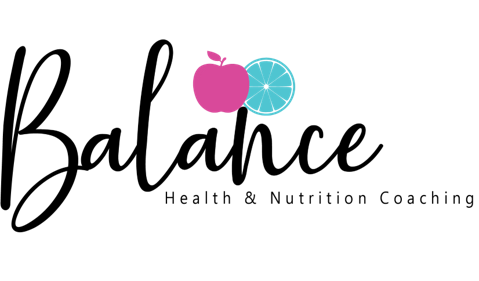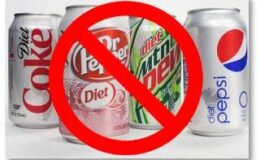I am writing today about one of my favorite subjects….healthy fats!! Hopefully by now you understand that the “fat-free” and “low-fat” mentality that we bought into for years is a thing of the past. For decades we were told that fat was the enemy and that it was the cause of obesity and heart disease. We now know that this isn’t the case. After all, if it was, then why are the rates of obesity and type II diabetes at an all-time high?
After much research, it was determined that regular consumption of healthy fats is vital to our overall health. Fats are a primary energy source and in order to support our bodies basic functions, we must consume these essential fatty acids on a regular basis. Healthy fats support our health in a number of ways including building immune function, insulating our organs, regulating our body temperature, and maintaining healthy skin, hair, and nails. It also helps us to absorb essential fat-soluble vitamins such as vitamin A, D, E, and K. Healthy fats can also help to decrease systemic inflammation and produce all the hormones that help us function at our best. In addition, fat is crucial for helping our brains operate at an optimal level, after all the brain is made up of 60% fat.
Fat is our friend. In fact, consuming healthy fats is correlated with many long-term health benefits. In terms of weight loss, eating healthy fats along with a low-carb diet is linked to weight loss and weight maintenance. Fat consumption is also crucial for blood sugar balance which helps us to avoid becoming “hangry.” To explain, our bodies can use glucose (carbs) for energy, but we burn carbs off quickly and we find ourselves with low blood sugar, hangry, and searching for our next carb fix. This leads to weight gain and other health problems. It’s an endless cycle. Eating healthy fats can increase our satiety and decrease the chances of reaching for more food.
In writing all of this, it’s important to point out that not all fats are created equal. What I mean by “healthy fats” are those that are found in whole foods or those that are minimally processed. They can be found in foods like avocados, coconuts, nuts, seeds, and healthy sources of protein such as grass-fed beef, organic poultry, and wild-caught fish. It’s best to choose oils that are “unrefined” or “cold pressed” which means they have been minimally processed. My favorite oils which have several health benefits include olive oil, avocado oil, and coconut oil.
Some less healthy fats are trans-fat (which should be avoided at all costs) and are found in foods like shortening, margarine, some microwave popcorn, some non-dairy creamers, and a lot of fast food. These fats raise LDL cholesterol (the bad stuff) and lead to weight gain. Some canola, soybean, and corn oils can also contain trans-fat so it is important to always check labels. Vegetable oils (that don’t contain trans-fat) should be consumed minimally.
I often get asked the question of how much fat to include in one’s diet. There is not one answer that is best for everyone. Each individual has different requirements based on their age, gender, weight, height, activity level, and health conditions. Wondering how much you should eat? A great place to start is to include healthy fats in each of your meals and work up from there until you feel satiated.
So now that you have the quick low down on why we need to fat, here are some quick and easy ways to add fat into your diet.
- Add some flax, hemp, pumpkin, or chia seeds to your morning smoothie
- Have a handful of nuts for a snack
- Add 2 Tbsp of olive oil to your favorite salad
- Top your salad with fresh avocado slices
- Spread a tablespoon of almond butter onto a square or 2 of dark chocolate
- Cook with grass-fed ghee or butter
- Saute or roast your favorite vegetables in avocado oil
- Eat a handful of olives for a snack
- Add coconut oil to your smoothie
- Eat the whole egg (no more egg whites)
- Add sunflower seeds to your salad for an extra crunch
- Buy full-fat organic products. Low-fat only means more sugar
- Spread your favorite nut butter (almond, cashew, sunflower) on an apple or celery.
The bottom line here is you no longer need to be afraid of fat. Fat is our friend and by eating a low-carb diet and focusing on incorporating healthy fats, you will find yourself more satiated and on your way to your ideal weight.
Need help finding the right balance of carbs and healthy fats in your diet? I’d love to chat. Head to my website @balancehealthandnutrition.com/workwithjulie to sign up for your free 30-minute consultation and we can get started.










